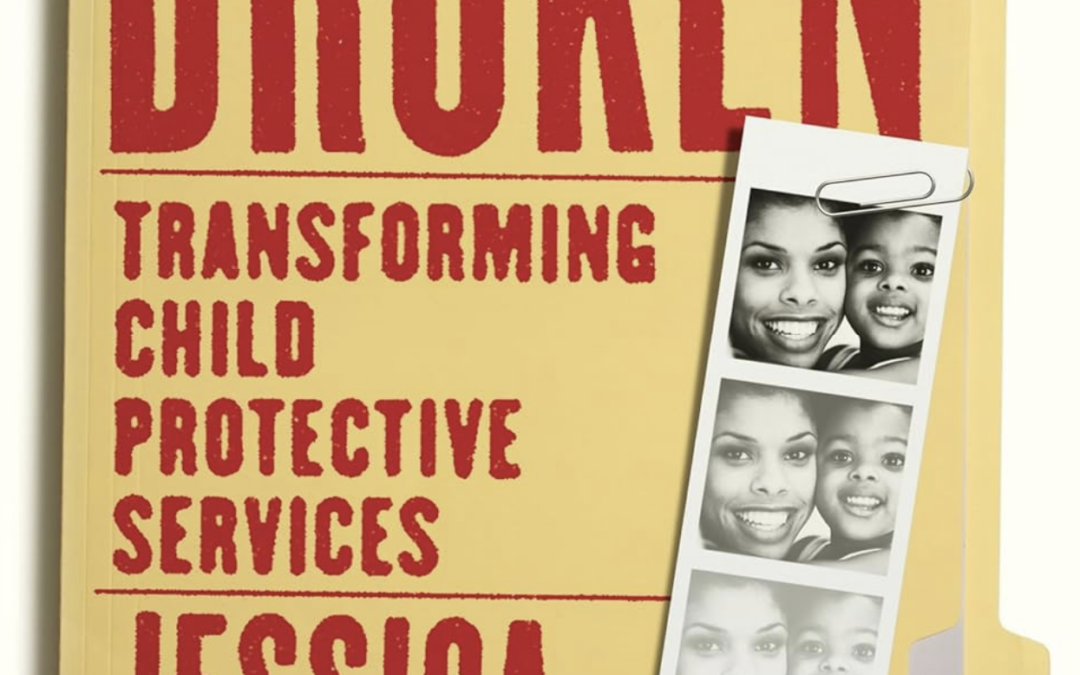This week, Emancipate NC organizer and impacted parent, Toia Potts, was interviewed on NPR’s national program, 1A. This interview focused on a new book, Broken: Transforming Child Protective Services – Notes of a Former Caseworker, written by an expert witness who testified at Toia’s trial, Dr. Jessica Pryce.
“You think you’re doing the right thing by just taking your child to the hospital because you notice something is wrong and then to come out on the other side the next day literally not being able to see your children is literally a nightmare,” Toia told 1A.
In Broken, Dr. Pryce profiles Toia and her lawyer, Elizabeth Simpson, sharing how disrespectful and rude the CPS legal team was in Durham, and how unjust was the outcome that terminated Toia’s parental rights:
By the time Elizabeth had brought me on to this case, I had been an expert witness in three other trials. They each had presented their own unique challenges, but disrespect and rudeness from the CPS team were not among them. It was a battle that, despite Elizabeth’s warnings, still took me by surprise.
In addition to my own research and literature reviews on racial disparity, intimate partner violence, and termination of parental rights, I had gone through hundreds of pages of court documents, assessments, transcripts, case notes, and medical reports. I hoped that my testimony would contribute to a deeper awareness that subjective decisions had affected Jatoia’s case and that there was still time to change the trajectory of this Termination of Parental Rights petition.
“I just don’t understand this,” one of the CPS lawyers said, mostly under her breath. She muted and started to toss papers around on her desk. Her frustration was very obvious. She unmuted and asked, “Why are you here as an expert on systemic racism and disparity? You can’t prove anyone from CPS was racist toward Ms. Potts.”
I was stoic as I explained that I was not there to prove a direct and explicit act of racism toward Jatoia Potts, but that systemic racism is prevalent in and throughout child welfare decisions.
In the 1A interview, Dr. Pryce said:
“What I talked about in the book was throughout the life of [Toia’s] case she had four or five different caseworkers so if that’s not a huge look at the turnover that we are experiencing in the child welfare workforce, I don’t know what is. So the fact that every time she got a new caseworker, they had to catch up, and she had to be patient as they caught up and then this went on and on and on and like Toia said because there were so many delays and because this got so much extensions; ultimately they said the kids had been in foster care for so long and had been so bonded they wrote her off as a viable placement for her own kids. So I think that is a stunning look at the workforce and crisis we are in right there…. I don’t think we share enough power with parents.”
